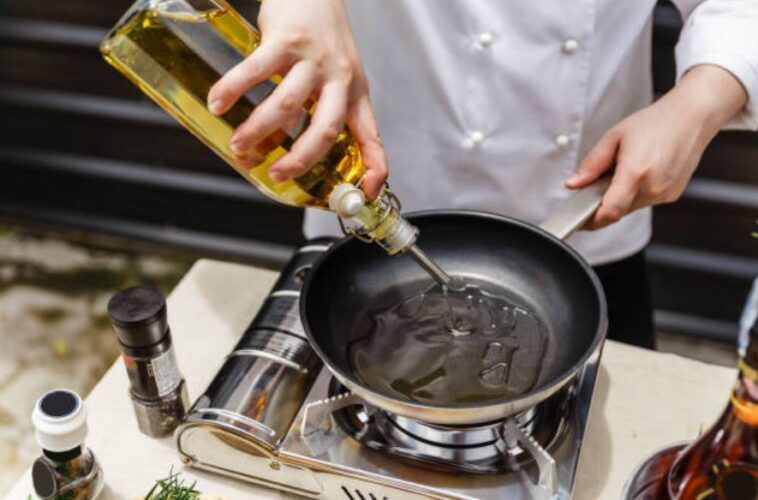Cooking with oil (especially for frying foods) is often criticized, because we often hunt for fat these days. However, sometimes we want to treat ourselves and using oil to cook meat or an egg is a basic gesture to prevent everything from burning. Of course, this oil must be very hot so that the cooking is perfect and quick so that the meal is done on time, but out of the question of using your hand to ensure this because of the risk of splashing and Not everyone has a thermometer on hand (count 180° for fries)! Fortunately, there are some simple cooking tips for ensuring the temperature of the oil with what we all have on hand.
In addition, discover our tips for permanently eliminating frying odors and splashes and techniques for removing oil stains from clothes. You will no longer fear cooking donuts, fries and other fried foods!
How do you know if cooking oil is hot?
1) With a wooden spoon or spatula
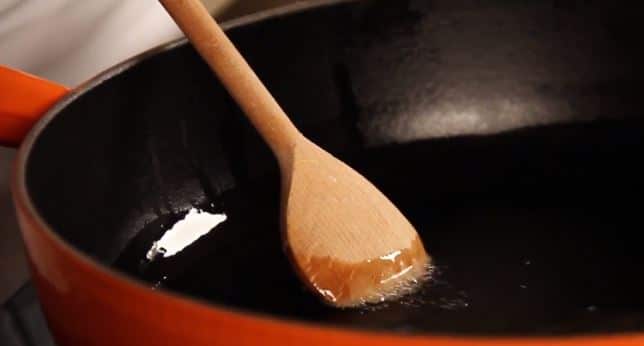
Take a wooden spoon or spatula and place it vertically in the oil. It is estimated that the oil is sufficiently hot when small bubbles appear around the spoon. It will then be time to start cooking!
2) With bread or onion
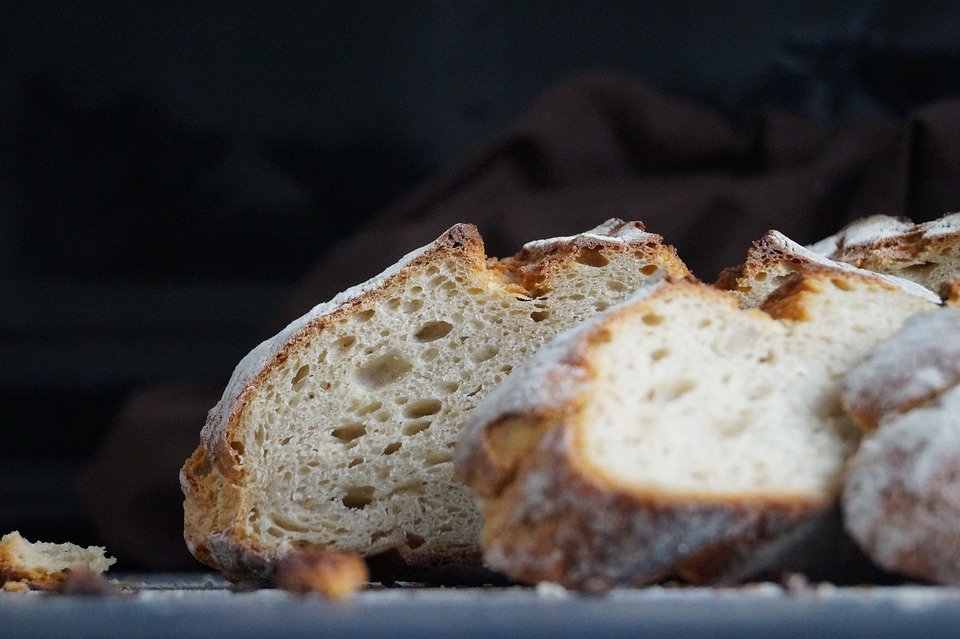
If you don’t have a wooden spatula or spoon, you can replace it with a crouton of bread or onion that you put directly in the oil. If the piece changes color quickly and it starts to bubble around without smoking, it is high time to start cooking. Finally, if it burns, smokes or turns black, it would be advisable to let the oil cool a little so as not to char your meal.
3) With a drop of water
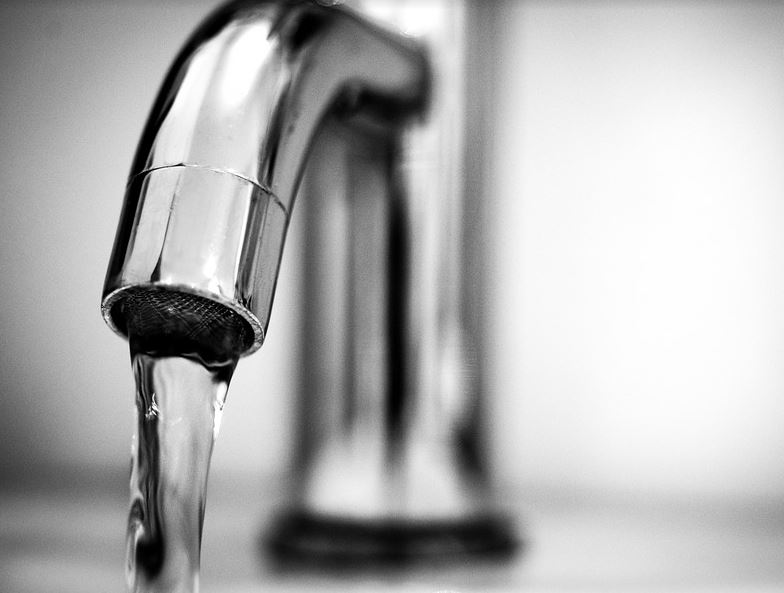
This last technique is very simple: drop a droplet of water into the oil. If it explodes, the frying oil is at the ideal temperature of 180°C. If it smokes, the oil is too hot! Of course, this is not not the least dangerous technique of the threeso only use it if you can’t use the other two.
Other tips for using cooking oil safely!
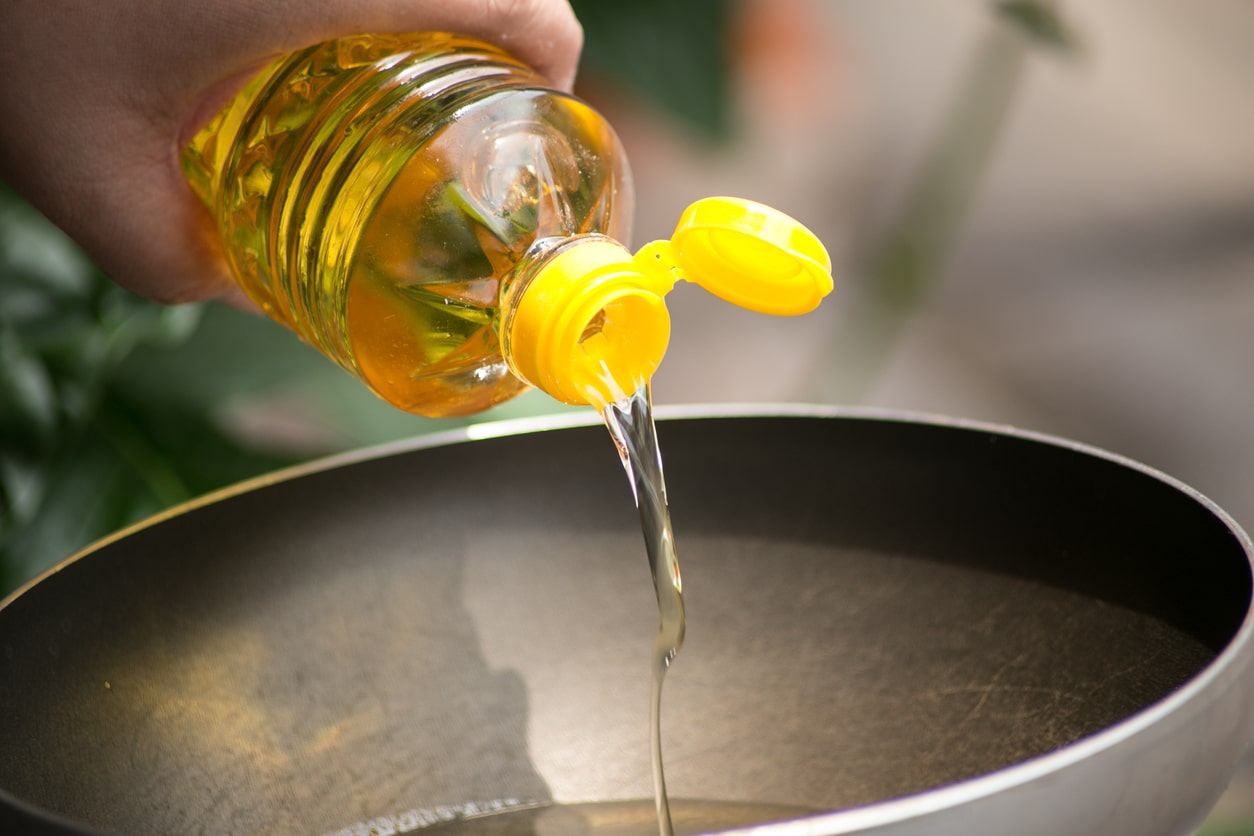
Here are some tips for using cooking oil safely and avoiding burns, oil spills and slips. First of all, use appropriate utensils. Metal or wooden tongs, spatulas and spoons with long handles will prevent you from getting your hands too close to the hot oil, and therefore burning yourself. In case of an oil fire, keep a lid nearby to immediately cover the pan with a lid to smother the flames. Above all, never use water to put out an oil fire. Moreover, wear appropriate clothing. In particular, wear long sleeves and heat-resistant oven gloves to protect your skin from splashes.
Above all, do not reuse the oil too oftenas it may become unstable and splash more. Filter the oil to remove food particles that can burn and clean it with egg. After eight to ten uses, change it. Additionally, make sure that the food is very dry before dipping them in the oil. This is because water and hot oil do not mix well and can cause dangerous splashes. Furthermore, it is preferable to leave food reach room temperature before frying. Foods that are too cold can actually cause oil splashes. Finally, don’t overcrowd the pan. Fry foods in small quantities to prevent oil from boiling over and to maintain a stable oil temperature.
Cooking tips during and after cooking in oil
While cooking, use a kitchen thermometer if possible to monitor the temperature of the oil. Most frying is done at temperatures between 170°C and 190°C. Above all, avoid exceeding this range to minimize the risk of combustion.. Then, introduce the food slowly into the hot oil to avoid sudden splashing. And above all, constantly monitor. Never leave a pan of hot oil unattended and watch for signs of overheating or smoking.
After cooking or at the end of cooking (since the oil will remain hot for a while after turning off), turn off the heat source immediately and allow the oil to cool completely before handling or disposing of it. Above all, never pour hot oil down the sink. Let it cool and use suitable containers to throw it away or recycle it. Wipe up oil spills as soon as possible to avoid accidents and fire hazards, and maintain a clean work area. Indeed, a clean kitchen minimizes the risks of slips and fires.


